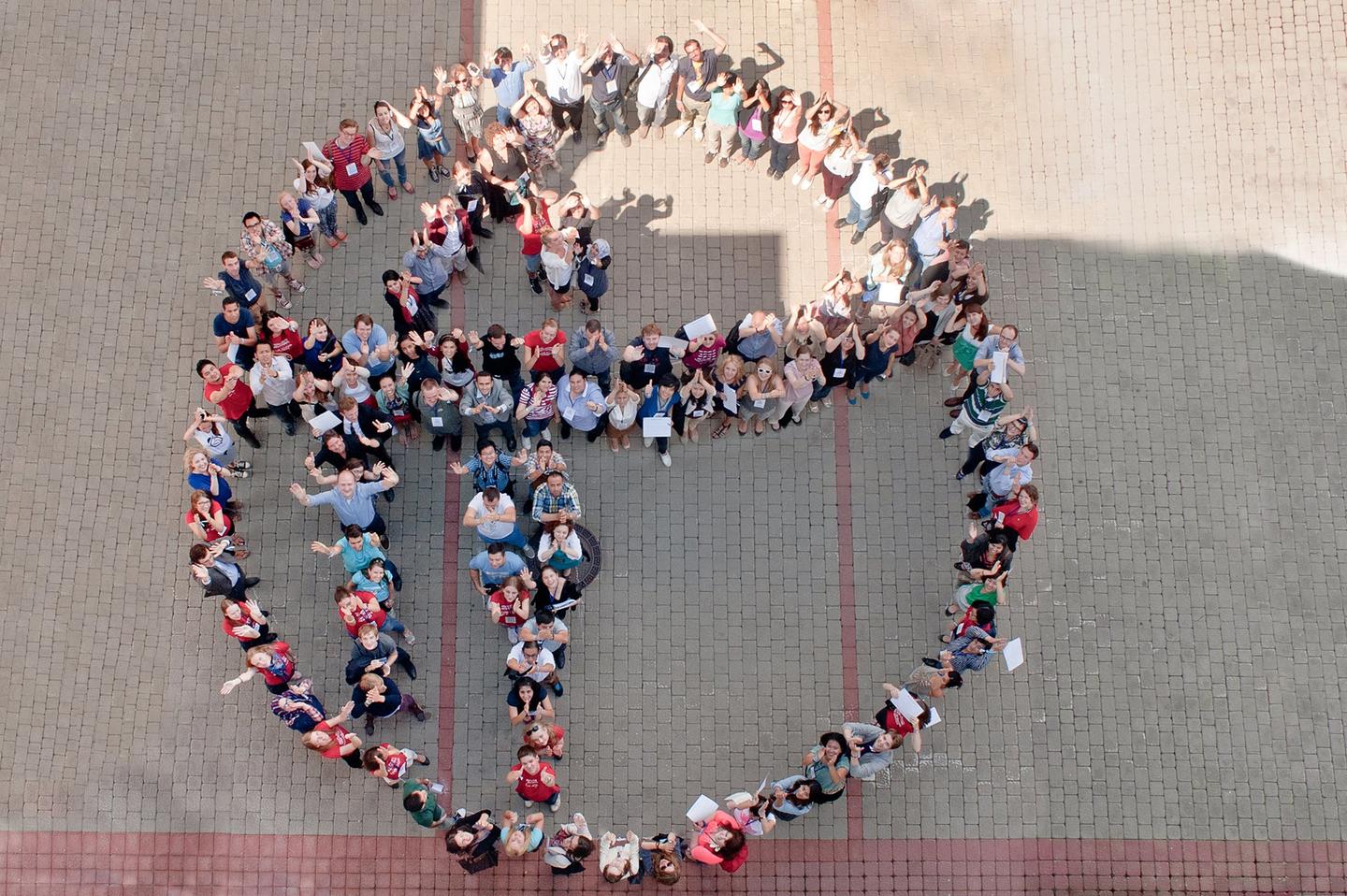The legal protection of whistleblowers is a much debated topic in Lithuania. A law aimed at protecting whistleblowers was proposed in 2010, but has been stalled in Parliament ever since. According to the Transparency International Global Corruption barometer 2013, as many as 69 % of the respondents felt that public officials and civil servants were corrupt or extremely corrupt. Currently there is insufficient legal protection for those reporting corruption and mismanagement in public life. There are nearly 100 different reporting channels, but no mechanisms to protect those who reveal corruption, mismanagement or malpractice.
“We are raising the question of whistleblower legislation over and over again. So far, there have been no changes in the legislation, but we will keep the question in the public domain,” explains Rugilė Trumpytė, Project Manager at Transparency International, Lithuania.
There are signs of change. At an event organised by TI Lithuania in June this year, representatives of the Ministry of Justice and Special Investigation Service promised that the issue would be brought back to the Parliamentary agenda when the Parliament reconvenes after the summer break.
“When we address these specific topics, we try to get attention from the national media, so that we and the politicians can engage in a public dialogue,” Trumpytė says.
Guaranteeing confidentiality
Trumpytė explains that the current legislation leaves whistleblowers ‘completely unprotected’. Many face serious consequences:
“The ones who report corruption or other kinds of malpractice often end up losing their job and have problems finding a new job. They are also put under a lot of psychological pressure. Many regret having reported in the first place.”
She is clear on what is needed: “The law needs to clearly define what a whistleblower is, so that people know the risks and their rights. Some level of confidentially must be ensured so that people are not afraid to report.”
Demanding accountable institutions
This is one of the reasons why Iceland, Liechtenstein and Norway provide €118 978 to Transparency International (TI) Lithuania through the Lithuanian NGO fund. The aim of the project is to promote accountability and openness in public institutions on national and local level.
The funding gives TI Lithuania the organisational resources to contribute more actively in the preparation of legislative proposals and participate in legislative working groups dealing with the fiscal and legal environment of NGOs, freedom of information and institutional openness.
They will also prepare a methodology for a review of openness in public institutions at a local and national level. Municipalities will be a special focus:
“Citizens have often problems getting information and clear answers from their local municipality. We would like to organise meetings between the citizens, the politicians and the local municipalities, so that this problem can be addressed,” Trumpytė says.
Long experience
TI Lithuania has teamed up with TI Norway in this project. TI Norway has prepared an anti-corruption guide for Norwegian municipalities and is currently conducting training exercises and forming a network of municipalities, intending to involve them in further transparency initiatives.
Experts from TI Norway will give advice to TI Lithuania in the preparation of the methodology for the review on openness of public institutions on local and national level. In addition, representatives from TI Norway will come to Lithuania to hold seminars on this and other topics.
Representatives from TI Lithuania will also visit Norwegian municipalities to see how information is provided to the public. Trumpytė welcome the expertise of TI Norway:
“This partnership is really important for us. TI Norway has a lot of experience in working with openness in municipalities, and their knowledge and competence are really valuable for us.”
About the project
The project started in January 2014 and will end July 2015.
